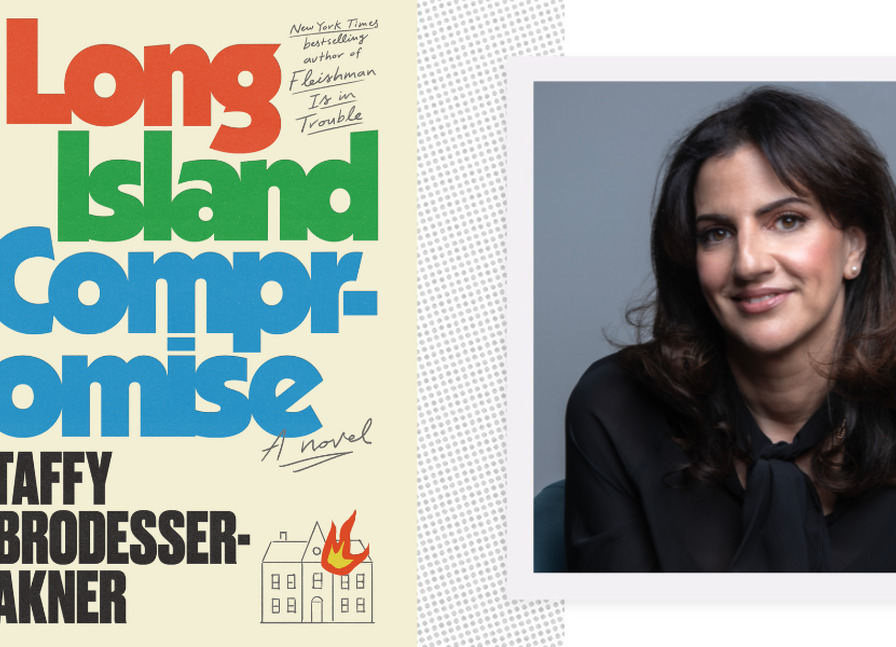
Taffy Brodesser-Akner, a celebrated writer known for her sharp and multi-layered storytelling, has made a name for herself with splashy celebrity profiles. However, in her latest book, she delves into the impact of trauma on the Fletcher family of Long Island. The story revolves around their patriarch's kidnapping and the lasting effects it has on his now-adult children.
In an interview, Brodesser-Akner reveals that she initially believed her book was about money, but soon realized it was actually about trauma. She explores the complex nature of trauma, stating that our bodies and brains cannot distinguish between different types of pain. She has learned to give herself grace and write her way through the fear.
Reflecting on her own career, Brodesser-Akner acknowledges the immense pressure and challenges she faced while writing her second book. Despite feeling broken by the process, the book received positive reception and even garnered Hollywood attention. However, she admits that the impact of her work on others has made her reconsider her role as a celebrity profiler.
Brodesser-Akner believes there is a cultural fascination with "rich people behaving badly," but she suggests that the middle class's disappearance and the current societal climate have shifted this fascination. She also observes that people are more comfortable watching wealthy individuals on reality shows if there is some tragedy involved.
When asked about the legitimacy of trauma, Brodesser-Akner emphasizes that pain is pain and should not be judged. She argues that the younger generation's experiences, including lockdown drills and constant exposure to troubling news, justify their concerns about further pain and the uncertainty of the future.
Brodesser-Akner shares her own struggles with dealing with trauma and the impact it had on her writing. She acknowledges the demands placed on younger writers to build their brands and stand out in the industry but advises them to prioritize their relationship with their work. She suggests keeping a private mode between oneself and their document and running from anything that threatens that relationship.
In conclusion, Brodesser-Akner reflects on her own career and expresses mixed emotions about leaving behind celebrity profiling. While she enjoyed writing magazine profiles, she realizes that her role in Hollywood has given her a new perspective on the impact of her work. She advises younger writers to find a balance between their public persona and their writing and to always have their next project lined up before publication.